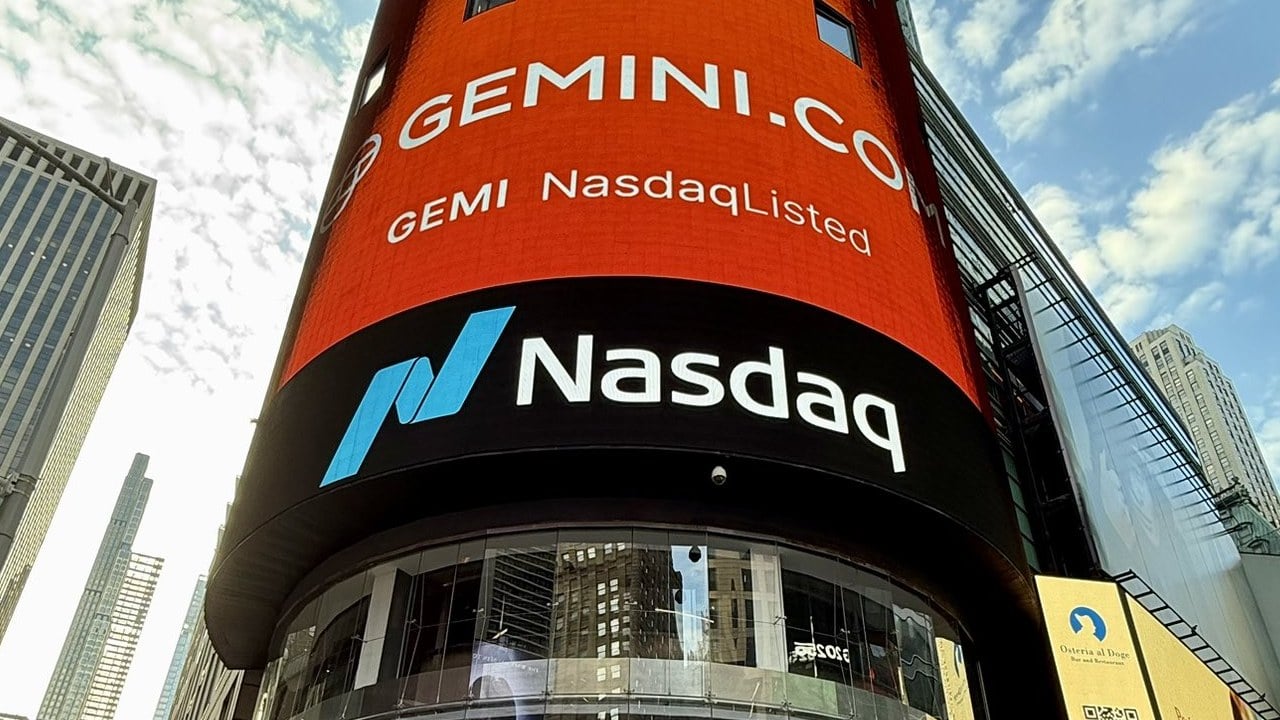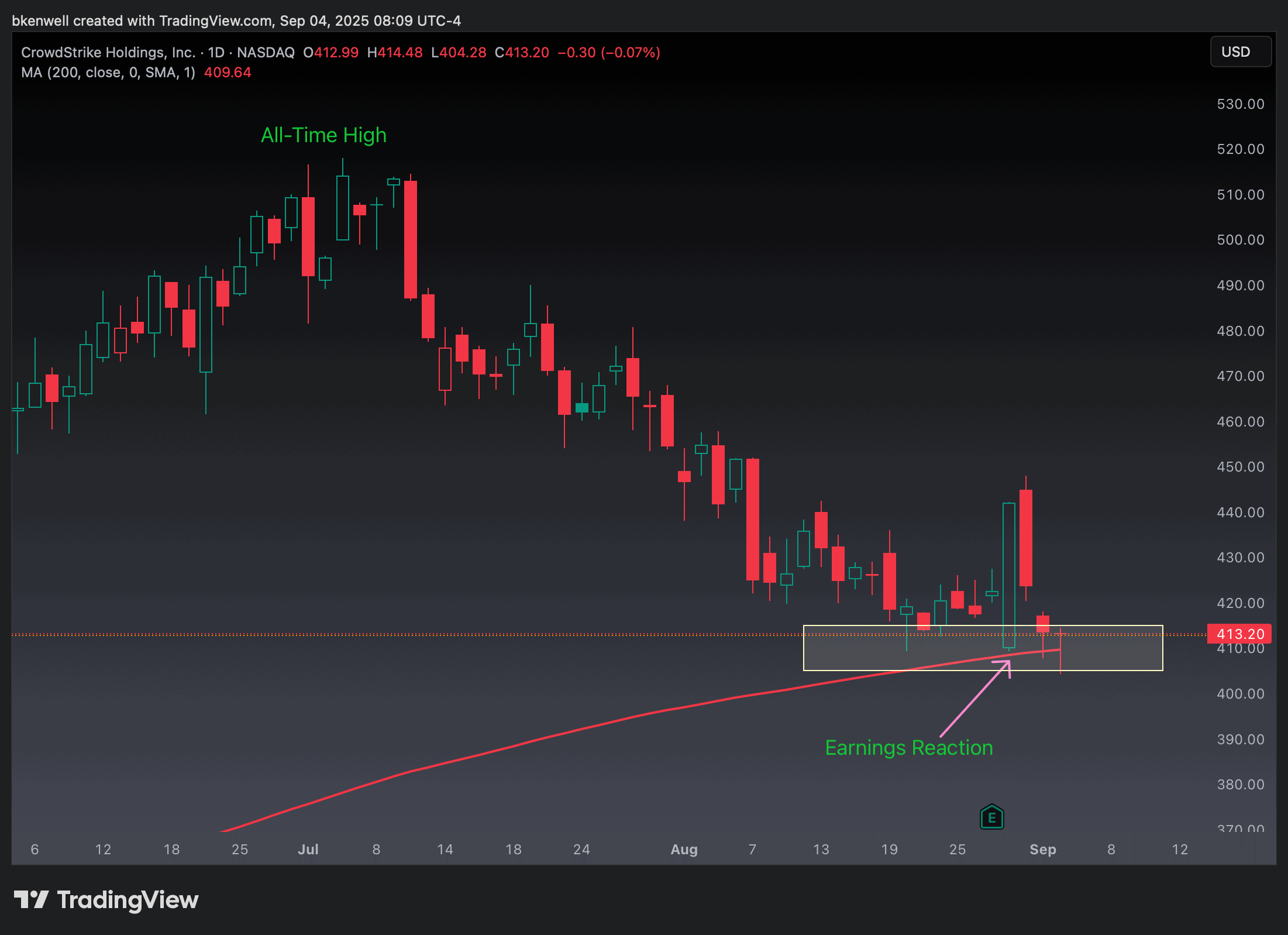Polymarket
got the regulatory thumbs-up to return to American soil after a three-year
timeout, with the Commodity Futures Trading Commission (CFTC) granting the
world’s biggest prediction market a no-action letter that clears its path back
into US waters.
The CFTC’s
Wednesday decision lets Polymarket operate through QCX, a licensed derivatives
exchange it
bought for $112 million, effectively giving the platform legal cover to
restart US operations. The regulatory body said it won’t go after the company
for certain reporting and recordkeeping rules that typically apply to
derivatives platforms.
“Polymarket
has been authorized to launch in the USA by the CFTC,” CEO Shayne Coplan
wrote on X. “Kudos to the Commission and Staff for their remarkable
efforts. This achievement has been realized in record time”.
Polymarket has been given the green light to go live in the USA by the @CFTC.
Credit to the Commission and Staff for their impressive work. This process has been accomplished in record timing.
Stay tuned https://t.co/NVziTixpqO
— Shayne Coplan 🦅 (@shayne_coplan) September 3, 2025
This does
not change the fact that event contracts remain controversial: some
view them as a disguised form of sports betting, while others see them as
binary options; a product that, due to its gambling-like structure, has
been completely banned in Europe.
A Long Road Back From
Regulatory Exile
Polymarket got
booted from the US market in 2022 after the CFTC slapped it with a
settlement for running an unregistered derivatives platform. Since then, the
company has built its business overseas while Americans watched from the
sidelines as users bet on everything from presidential elections to sports
outcomes.
The timing
couldn’t be better for Polymarket’s return. Event contracts exploded in
popularity during the 2024 election cycle, with traders
putting real money behind their political predictions. The July completion
of a Justice Department probe that didn’t result in charges helped smooth the
regulatory waters.
Wall Street Bets Big on
Prediction Markets
The
prediction market sector is attracting serious investor attention. Polymarket’s
main competitor Kalshi
just scored a $2 billion valuation from a $185 million funding round led by
crypto investment firm Paradigm. That round included backing from heavyweights
like Sequoia Capital and Citadel Securities CEO Peng Zhao.
“Kalshi
is one of the fastest growing companies in America. We 50x’d our user base in
the last year,” Kalshi CEO Tarek Mansour told CNBC. The platform’s sports
betting contracts have become its bread and butter, with NBA basketball markets
making up 50 of its 51 most-traded contracts ever.
Even more traditional
brokers are jumping in. Robinhood
rolled out event contracts in recent months and launched a dedicated hub
for users to
bet on college basketball and interest rates. Interactive Brokers has also
entered the space, looking
to capitalize on the boom.
The biggest
surprise in recent weeks was the
decision by Chicago derivatives giant CME Group, which partnered with
online gaming company FanDuel to offer event contracts starting at $1 to sports
betting fans.
From “Digital
Casinos” to Market Innovation
The sector
still faces skeptics who dismiss prediction markets as glorified gambling. Critics
call them “digital casinos,” while supporters argue they’re
superior to traditional polling because people put actual money where their
predictions are.
CFTC Acting
Chairman Caroline Pham has called prediction markets “an important new
frontier,” and some Wall Street observers think they could eventually
rival stock markets in size. The platforms work differently from traditional
gambling – instead of betting against the house, users trade contracts with
each other that pay out $1 if an event happens.
The
regulatory breakthrough comes just a week after Donald Trump Jr.’s venture
capital firm 1789 Capital invested in Polymarket, adding political star power
to its comeback story. Trump Jr. joined the firm as a partner after his
father’s election victory, betting on the success of prediction markets that
correctly called the 2024 race.
With
Polymarket’s return and Kalshi’s rapid growth, American traders now have
regulated options to put money behind their predictions on everything from
sports championships to economic indicators. The question is whether these
platforms will prove to be lasting financial innovation or just another
speculative fad.
Polymarket
got the regulatory thumbs-up to return to American soil after a three-year
timeout, with the Commodity Futures Trading Commission (CFTC) granting the
world’s biggest prediction market a no-action letter that clears its path back
into US waters.
The CFTC’s
Wednesday decision lets Polymarket operate through QCX, a licensed derivatives
exchange it
bought for $112 million, effectively giving the platform legal cover to
restart US operations. The regulatory body said it won’t go after the company
for certain reporting and recordkeeping rules that typically apply to
derivatives platforms.
“Polymarket
has been authorized to launch in the USA by the CFTC,” CEO Shayne Coplan
wrote on X. “Kudos to the Commission and Staff for their remarkable
efforts. This achievement has been realized in record time”.
Polymarket has been given the green light to go live in the USA by the @CFTC.
Credit to the Commission and Staff for their impressive work. This process has been accomplished in record timing.
Stay tuned https://t.co/NVziTixpqO
— Shayne Coplan 🦅 (@shayne_coplan) September 3, 2025
This does
not change the fact that event contracts remain controversial: some
view them as a disguised form of sports betting, while others see them as
binary options; a product that, due to its gambling-like structure, has
been completely banned in Europe.
A Long Road Back From
Regulatory Exile
Polymarket got
booted from the US market in 2022 after the CFTC slapped it with a
settlement for running an unregistered derivatives platform. Since then, the
company has built its business overseas while Americans watched from the
sidelines as users bet on everything from presidential elections to sports
outcomes.
The timing
couldn’t be better for Polymarket’s return. Event contracts exploded in
popularity during the 2024 election cycle, with traders
putting real money behind their political predictions. The July completion
of a Justice Department probe that didn’t result in charges helped smooth the
regulatory waters.
Wall Street Bets Big on
Prediction Markets
The
prediction market sector is attracting serious investor attention. Polymarket’s
main competitor Kalshi
just scored a $2 billion valuation from a $185 million funding round led by
crypto investment firm Paradigm. That round included backing from heavyweights
like Sequoia Capital and Citadel Securities CEO Peng Zhao.
“Kalshi
is one of the fastest growing companies in America. We 50x’d our user base in
the last year,” Kalshi CEO Tarek Mansour told CNBC. The platform’s sports
betting contracts have become its bread and butter, with NBA basketball markets
making up 50 of its 51 most-traded contracts ever.
Even more traditional
brokers are jumping in. Robinhood
rolled out event contracts in recent months and launched a dedicated hub
for users to
bet on college basketball and interest rates. Interactive Brokers has also
entered the space, looking
to capitalize on the boom.
The biggest
surprise in recent weeks was the
decision by Chicago derivatives giant CME Group, which partnered with
online gaming company FanDuel to offer event contracts starting at $1 to sports
betting fans.
From “Digital
Casinos” to Market Innovation
The sector
still faces skeptics who dismiss prediction markets as glorified gambling. Critics
call them “digital casinos,” while supporters argue they’re
superior to traditional polling because people put actual money where their
predictions are.
CFTC Acting
Chairman Caroline Pham has called prediction markets “an important new
frontier,” and some Wall Street observers think they could eventually
rival stock markets in size. The platforms work differently from traditional
gambling – instead of betting against the house, users trade contracts with
each other that pay out $1 if an event happens.
The
regulatory breakthrough comes just a week after Donald Trump Jr.’s venture
capital firm 1789 Capital invested in Polymarket, adding political star power
to its comeback story. Trump Jr. joined the firm as a partner after his
father’s election victory, betting on the success of prediction markets that
correctly called the 2024 race.
With
Polymarket’s return and Kalshi’s rapid growth, American traders now have
regulated options to put money behind their predictions on everything from
sports championships to economic indicators. The question is whether these
platforms will prove to be lasting financial innovation or just another
speculative fad.







